Check out our analytical and research abilities
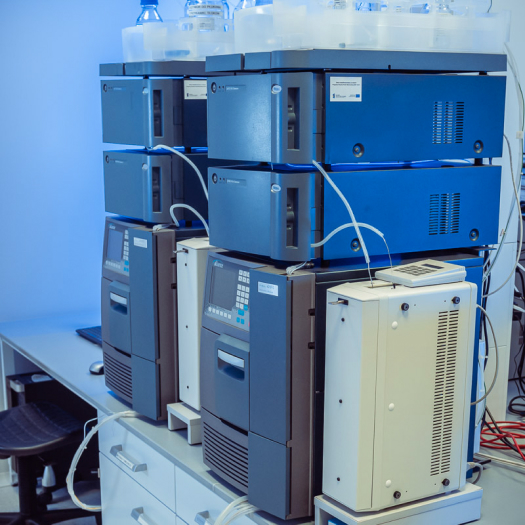
The devices are used to test the content of active substances, e.g. vitamins, caffeine, lutein, synephrine, carnitine and pollutants, e.g. ginkgolic acids, aflatoxins, polycyclic aromatic hydrocarbons, pesticides.
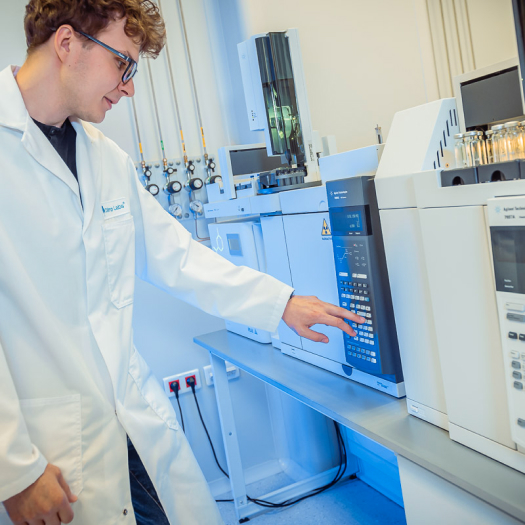
Used for testing e.g. fatty acids in oils or solvent residues, such as methanol
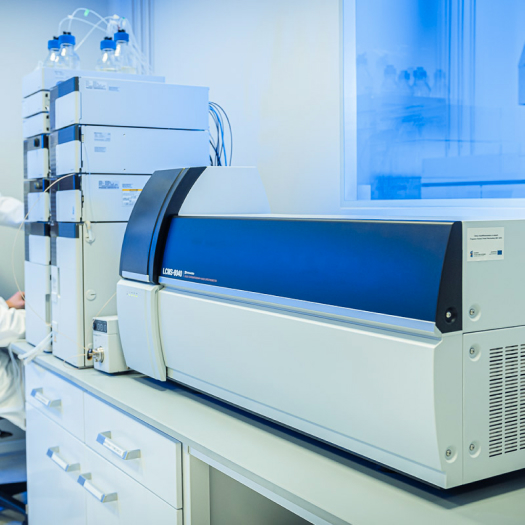
The devices determine pollutants at very low levels, on the order of ppm (parts per million) (mg / kg) and ppb (parts per billion) (µg / kg), you can go down with the determinations even lower. Such research means that we have the ability to make our products the best and, above all, the safest.
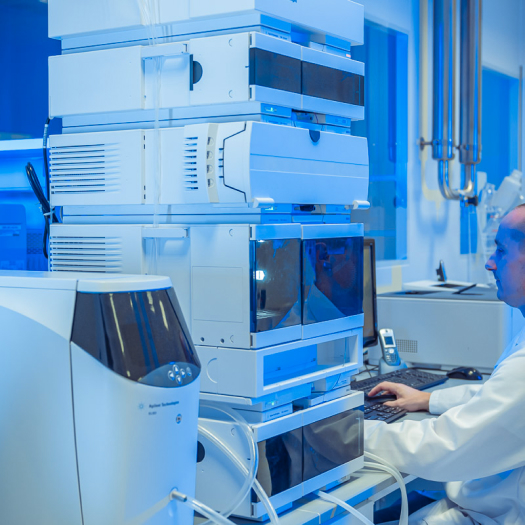
Determination of active substance content in products and raw materials, e.g. water-soluble vitamins, amino acids, flavonoids, ginkgolic acids, terpene lactones, caffeine, carnitine, etc.
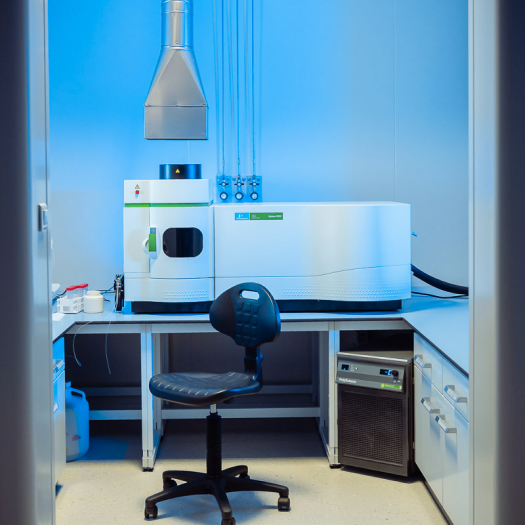
ICP OES spectrometer (using the induced plasma atomic emission spectrometry technique), which is used to test metallic and non-metallic elements (over 70 elements, in a very wide range of concentrations: from 1 ng / l to 1 g / l), can be used to test several elements in one sample without the need to switch methods.
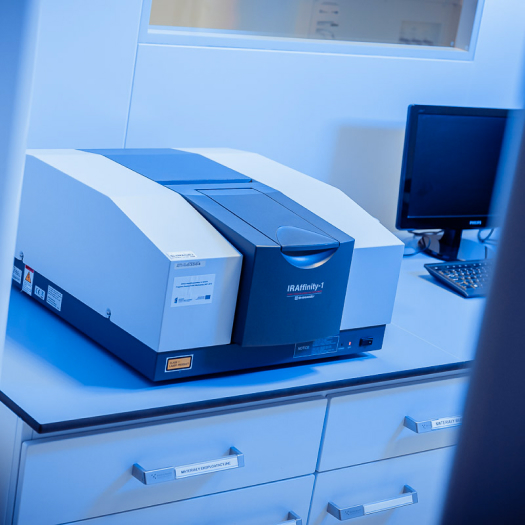
The devices determine pollutants at very low levels, on the order of ppm (parts per million) (mg / kg) and ppb (parts per billion) (µg / kg), you can go down with the determinations even lower. Such research means that we have the ability to make our products the best and, above all, the safest.
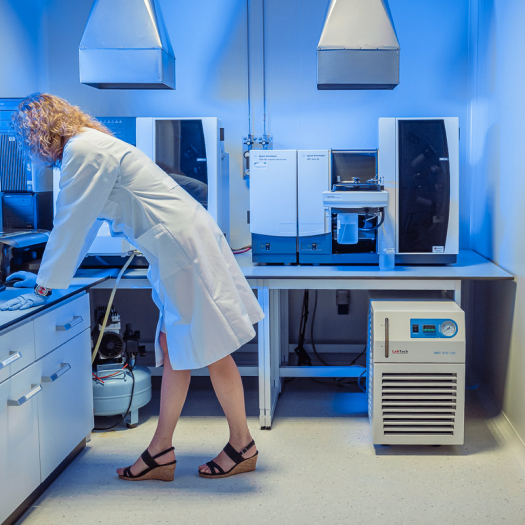
For the determination of heavy metals and minerals. This method is based on measuring the absorption of electromagnetic radiation by free atoms most often formed by thermal means. We use atomization in a graphite cuvette and an acetylene-oxygen flame.
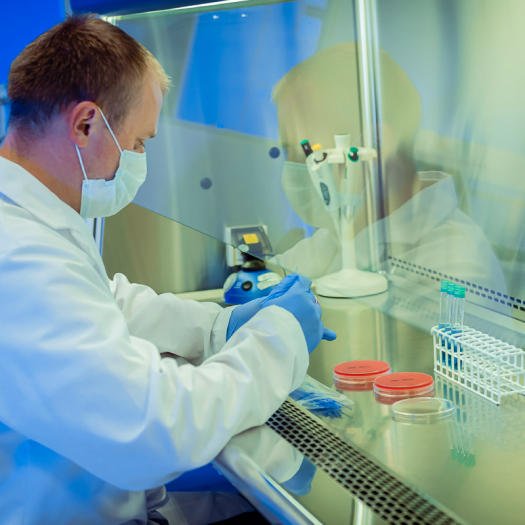
Guarantees sterile conditions during microbiological purity testing
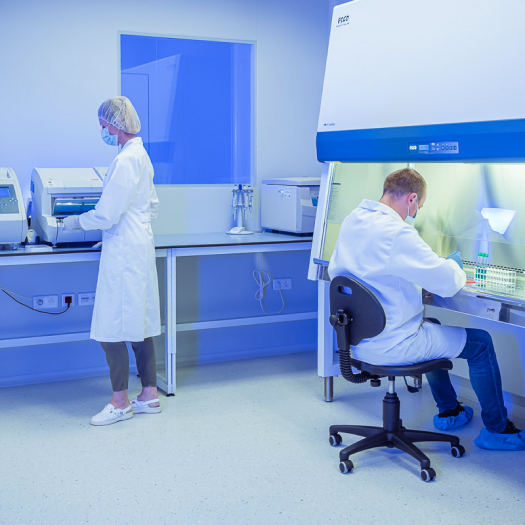
Testing for the presence of Salmonella and Listeria monocytogenes
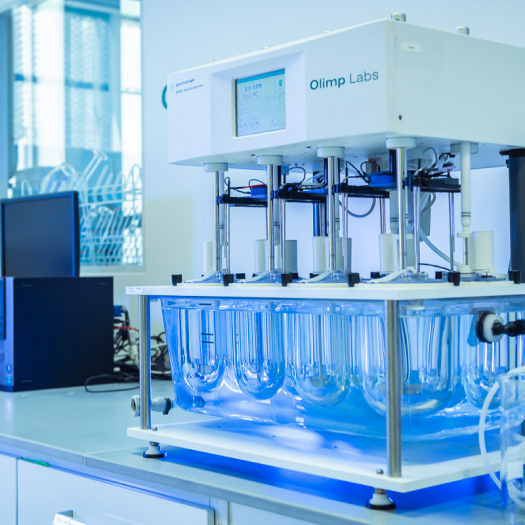
The baths are used to test, the release of active substances from various forms, including tablets or capsules (e.g. caffeine release from pellets) as well as metals e.g. iron from tablets. Coupled apparatus allow, whenever the nature of the substance allows it, for on-line release studies to be carried out. When the substance test requires the use of another technique, eg HPLC, ASA, ICP, the samples are transferred for further analysis from the fraction collector.
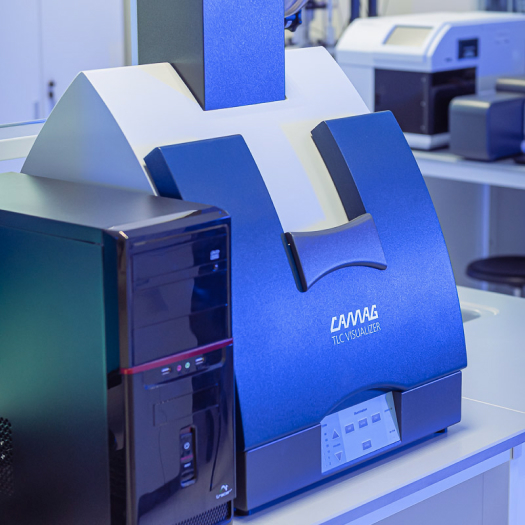
is used, for example, to test the identity of plant extracts. The device is equipped with a lining machine for placing the tested samples on plates and a camera which allows you to photograph plates, for archival purposes.
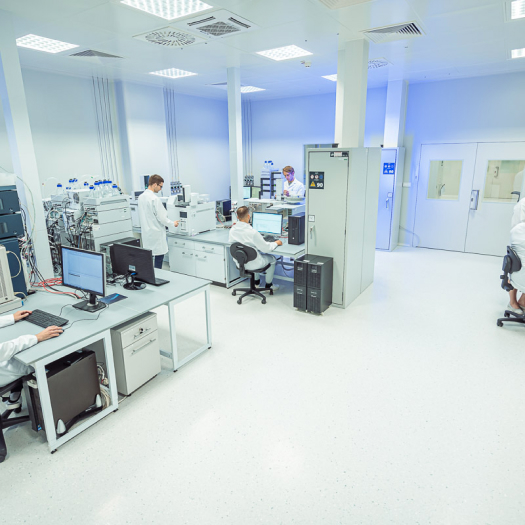
A chromatography laboratory equipped with high-end research equipment. It includes HPLC, UHPLC, a gas chromatograph with three different detectors and a gas and liquid chromatograph with mass detectors. The laboratory tests samples of raw materials, semi-finished products and products in all forms (powders, e.g. extracts, liquid e.g. drinks, sheets and ready-made products such as tablets or capsules). The devices test the content of active substances, e.g. vitamins, caffeine, lutein, synephrine, carnitine and pollutants, e.g. ginkgolic acids, aflatoxins, polycyclic aromatic hydrocarbons, pesticides.
Please contact our sales department